‘Farming abroad must focus on green water sources’
- Gulf Times
- 11 May 2011
Non-renewable water sources, such as lakes and aquifers, will not withstand significant foreign investment and intense agricultural production.

Non-renewable water sources, such as lakes and aquifers, will not withstand significant foreign investment and intense agricultural production.
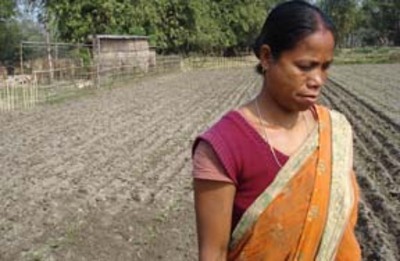
Are land and water rights for real? How can they be guaranteed in the face of the insurmountable bargaining power that big corporations seem to posses?
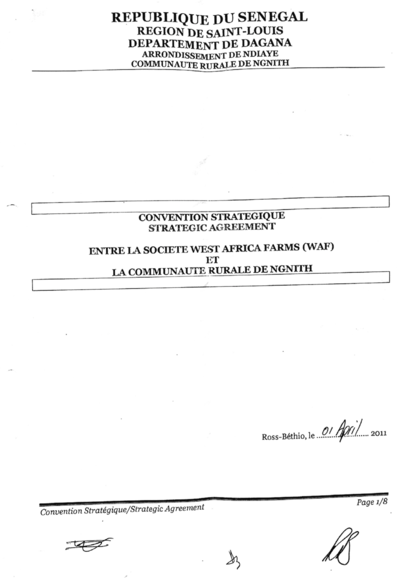
Convention stratégique (Strategic agreement) entre la société West Africa Farms (WAF) et la Communauté rurale de Ngnith au Sénégal
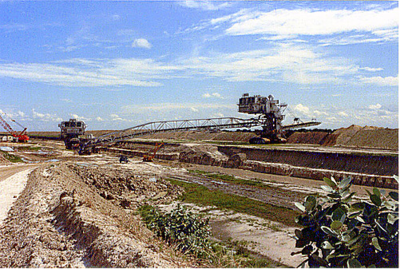
Les responsables soudanais ont déclaré que 17000 hectares de terre dans l’Etat du Nil blanc ont été réservés au projet de production de viande pour l'Egypte
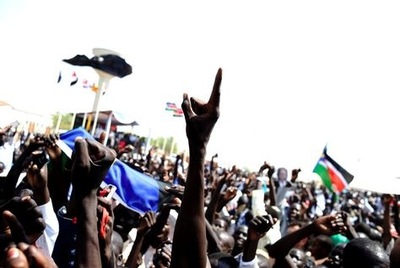
Sudanese officials have set aside 17,000 hectares of land in White Nile state for an Egyptian meat project.
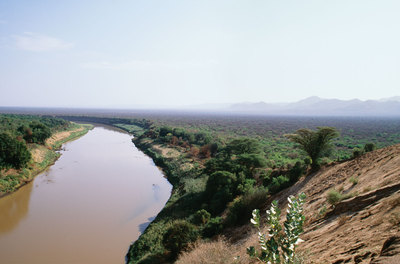
Le gouvernement éthiopien a par ailleurs affecté 180 000 hectares de terres de la vallée de l’Omo à l’investissement agricole dont certaines se trouvent sur les territoires des tribus nyangatom, karo et mursi.

Mali’s president and Libyan leader Moammar Gaddafi have begun a major agricultural project that will divert much of the river’s water and threaten the delta’s future.
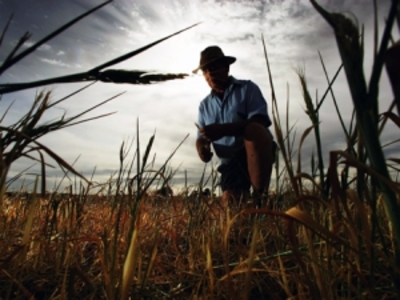
New South Wales Farmers Association is calling for a register of all overseas purchases of Australian agricultural land and water licenses.

Water scarcity will generate big returns once climate change and population growth take their toll on farming.
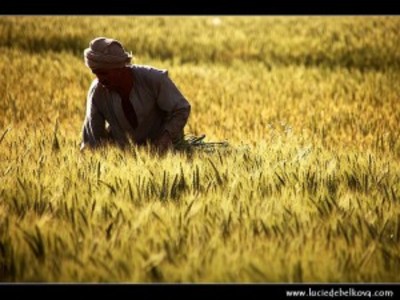
The Egyptian external agricultural land deals are all the more fragile as a future government or policy change in Ethiopia or Sudan risks destabilizing their external food security strategy.
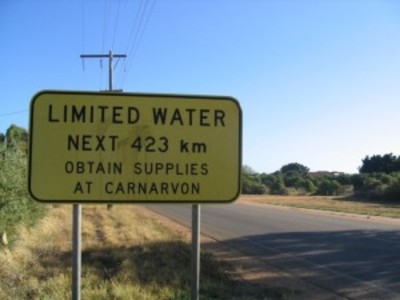
In an era when many countries are starting to worry about food security, foreign agribusiness might buy into the rural water market here in Australia and use permanent water holdings to dictate how our farmland should be used.

Las iniciativas orientadas a frenar la "extranjerización" que impulsan los diputados nacionales Orsolini y Conti apuntan, en principio, a evitar la concentración de propiedades y a establecer un control anual de las zonas donde se acumulan recursos estratégicos del país, como el agua o las reservas de minerales

|
Obsolètes, les réformes agraires ?
|